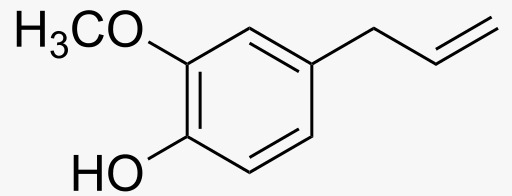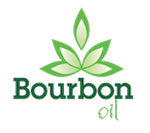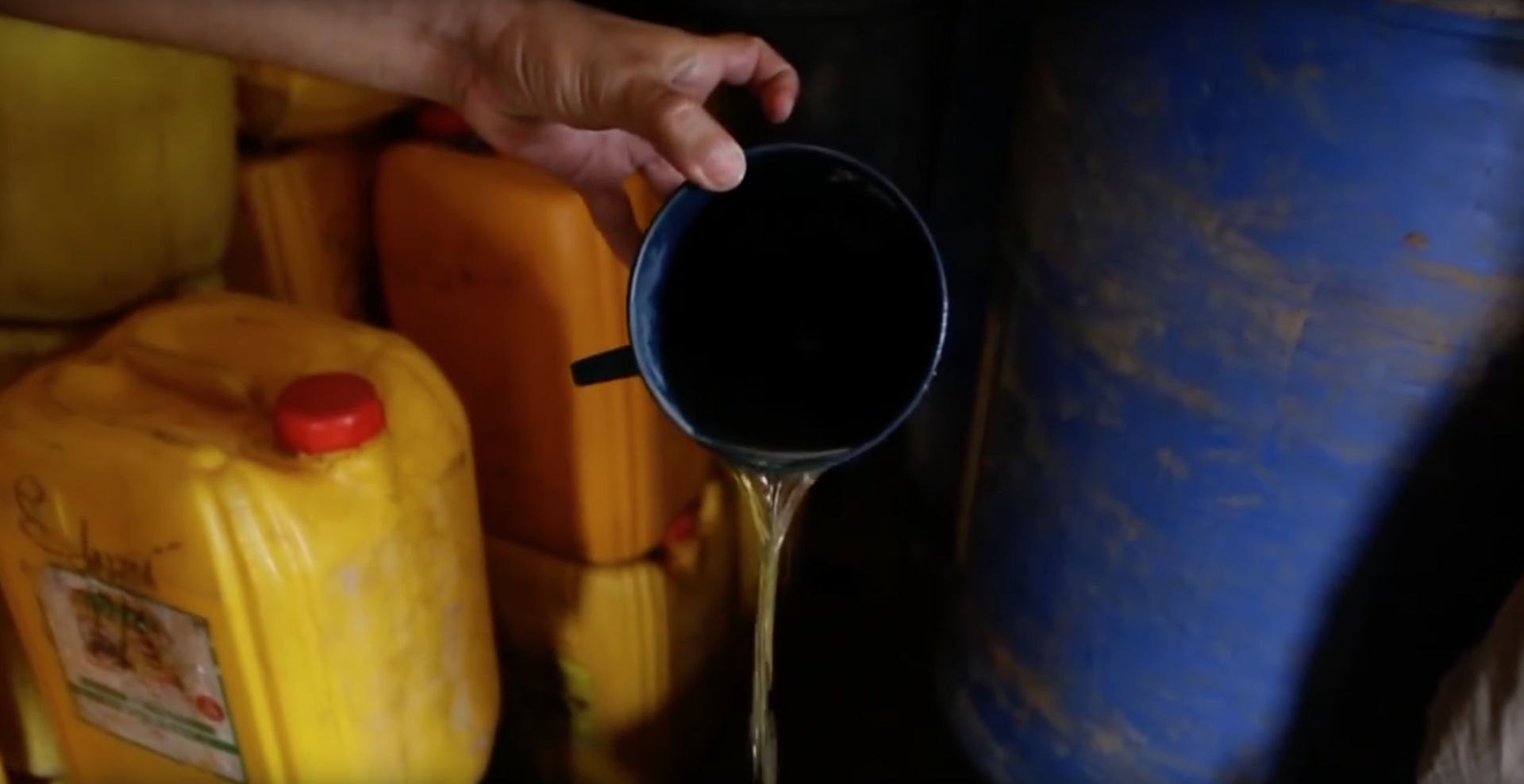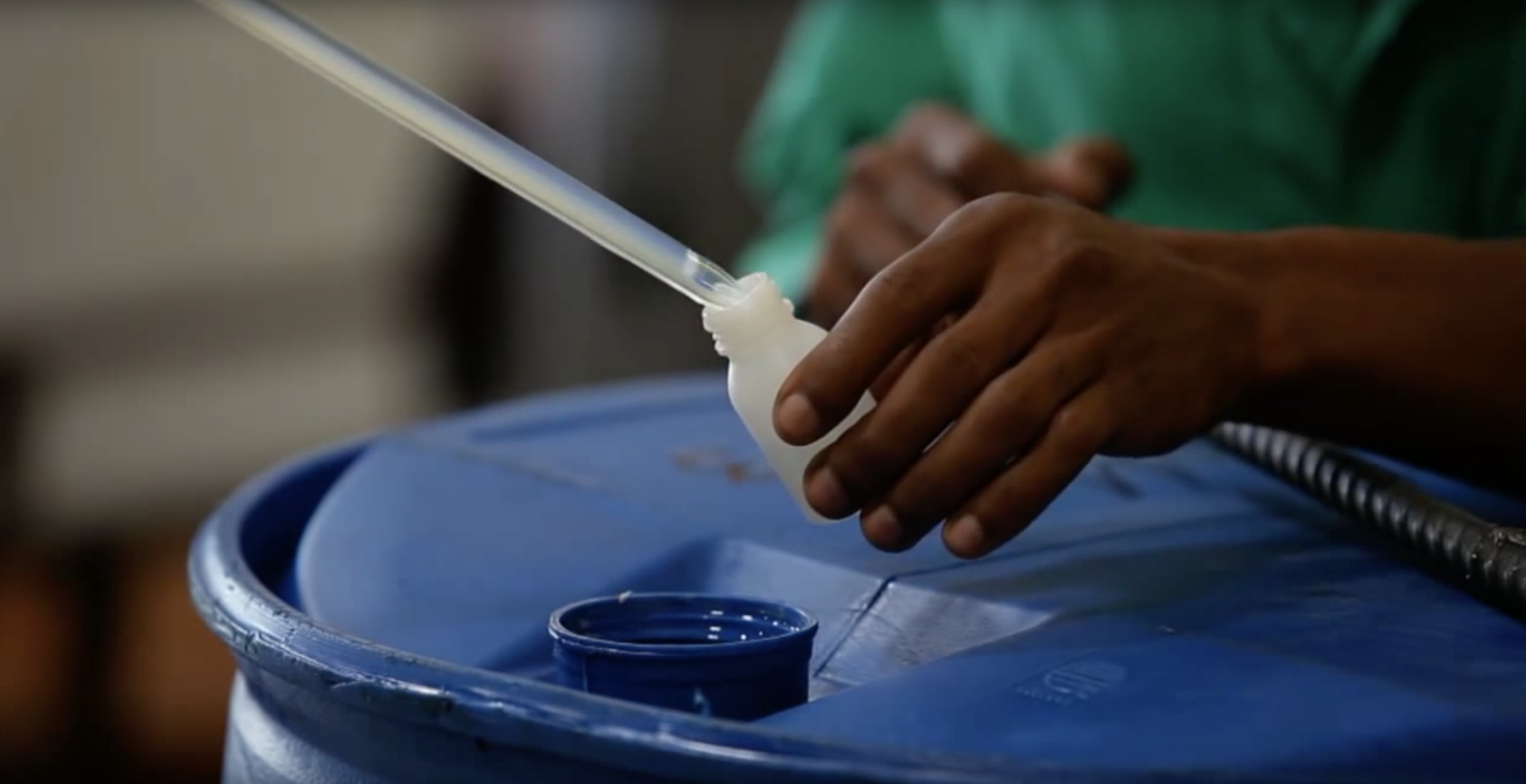EUGENOL from clove leaves ORGANICSUSTAINABLENATURALPURE
Our Eugenol serves different industries: Fragrances, Flavours, Essential Oils and Pharmaceutical.
Eugenol is a phenylpropene, an allyl chain-substituted guaiacol. Eugenol is a member of the phenylpropanoids class of chemical compounds. It is a colourless to pale yellow, aromatic oily liquid extracted from certain essential oils especially from clove oil, nutmeg, cinnamon, basil and bay leaf. It is present in concentrations of 80–90% in clove bud oil and at 82–88% in clove leaf oil.
in “https://en.wikipedia.org”
Eugenol is used in perfumes, flavorings, and essential oils. It is also used as a local antiseptic and anaesthetic. Eugenol can be combined with zinc oxide to form zinc oxide eugenol which has restorative and prosthodontic applications in dentistry. For example, zinc oxide eugenol is used for root canal sealing.
Attempts have been made to develop eugenol derivatives as intravenous anesthetics, as an alternative to propanidid which produces unacceptable side effects around the site of injection in many patients.
It can be used to reduce the presence of Listeria monocytogenes and Lactobacillus sakei in food.
It is also used in manufacturing stabilizers and antioxidants for plastics and rubbers.
It is one of many compounds that is attractive to males of various species of orchid bees, which apparently gather the chemical to synthesize phromones; it is commonly used as bait to attract and collect these bees for study. It also attracts female cucumber beetle.It was recently discovered that eugenol and isoeugenol, floral volatile scent compounds, are catalyzed by a single type of enzyme in the Gymnadenia genus and gene encoding for this enzyme is the first functionally characterized gene in these species so far.
Clove oil is growing in popularity as an anaesthetic for use on aquarium fish as well as on wild fish when sampled for research and management purposes. Where readily available, it presents a humane method to euthanise sick and diseased fish either by direct overdose or to induce sleep before an overdose of eugenol.
Eugenol naturally occurs in several plants, including the following:
- Cloves (Syzygium aromaticum)
- Wormwood
- Cinnamon
- Cinnamomum tamala
- Nutmeg (Myristica fragrans)
- Ocimum basilicum (sweet basil)
- Ocimum gratissimum (African basil)
- Ocimum tenuiflorum (syn. Ocimum sanctum, tulsi or holy basil)
- Japanese star anise
- Lemon bam
- Dill
- Pimenta racemosa
- Vanilla
- Bay laurel
- Celery
- Ginger




















